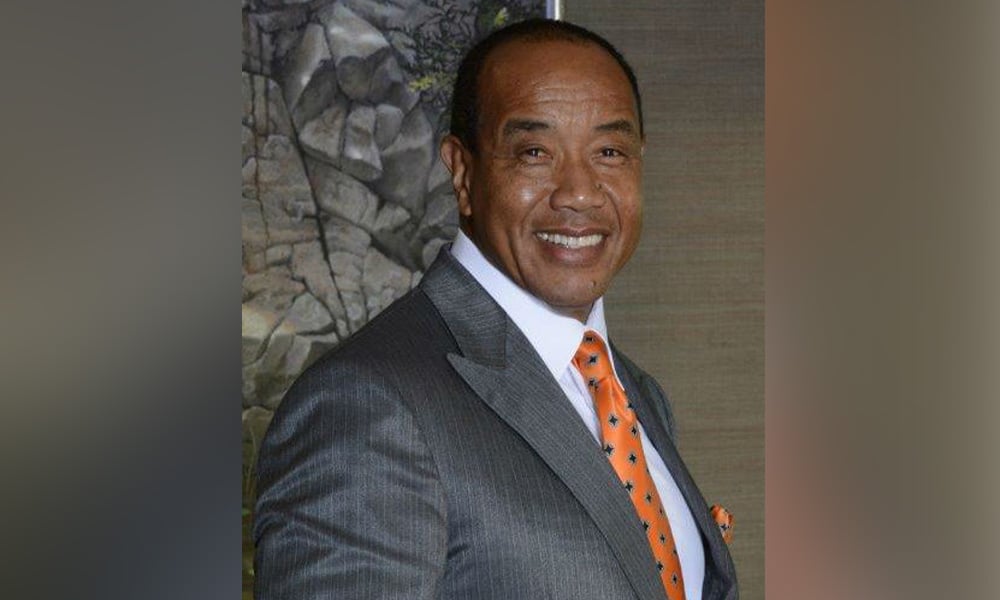Here’s a seg fund idea that DSC supporters may want to get behind.
A compensation model that removes early redemption penalties for seg fund investors could hold the key to the future of DSCs.
“Is the DSC the perfect model? No, I think there’s a better model out there,” concedes New Brunswick advisor Dan Moore, pointing one he wants to see adopted from the seg fund industry. “I use a chargeback system. It’s the same as a DSC but the charge [for early redemption] is on the advisor.”
Moore’s talking about a series of seg funds manufactured by Industrial Alliance that puts the onus on the advisor rather than the client.
“It’s a 60-month chargeback,” Frank Esposito, Industrial Alliance’s Director of Sales for Individual Investment and Retirement Products. “It pays the same commission as the seven-year DSC but the charge goes to the advisor rather than the client, which would be the traditional DSC,” says Esposito. “If the client needs to draw on any of the funds the advisor receives a proportional chargeback based on the amount the client is taking out.”
So, for example, if a client invests $50,000 in a seg fund and decides to cash out four years later, the advisor gets $2,000 in upfront commissions; the chargeback to the advisor would be $480 (2 per cent per month times 12 months) of the $2,000 in commissions received with no penalties to the client.
The biggest problem with the DSC, according to most detractors, is that the client is locked in for an number of years unless they want to pay a penalty that is often more than the advisor received in upfront commissions.
The chargeback model attempts to solve this concern for investment advisors who aren’t dually licensed in that it would still provide the upfront commission but better protect fiduciary standard.
“It works very well for TFSAs and My Education RESP plans,” Esposito told WP, “because you don’t want to lock anybody into the DSC if you know [client] will be drawing on the funds in the next 5-7 years.”
It also attempts to hold the advisor accountable for his recommendations.
“If I’m not doing a good job,” says Moore, “there’s nothing holding the client here.”
“Is the DSC the perfect model? No, I think there’s a better model out there,” concedes New Brunswick advisor Dan Moore, pointing one he wants to see adopted from the seg fund industry. “I use a chargeback system. It’s the same as a DSC but the charge [for early redemption] is on the advisor.”
Moore’s talking about a series of seg funds manufactured by Industrial Alliance that puts the onus on the advisor rather than the client.
“It’s a 60-month chargeback,” Frank Esposito, Industrial Alliance’s Director of Sales for Individual Investment and Retirement Products. “It pays the same commission as the seven-year DSC but the charge goes to the advisor rather than the client, which would be the traditional DSC,” says Esposito. “If the client needs to draw on any of the funds the advisor receives a proportional chargeback based on the amount the client is taking out.”
So, for example, if a client invests $50,000 in a seg fund and decides to cash out four years later, the advisor gets $2,000 in upfront commissions; the chargeback to the advisor would be $480 (2 per cent per month times 12 months) of the $2,000 in commissions received with no penalties to the client.
The biggest problem with the DSC, according to most detractors, is that the client is locked in for an number of years unless they want to pay a penalty that is often more than the advisor received in upfront commissions.
The chargeback model attempts to solve this concern for investment advisors who aren’t dually licensed in that it would still provide the upfront commission but better protect fiduciary standard.
“It works very well for TFSAs and My Education RESP plans,” Esposito told WP, “because you don’t want to lock anybody into the DSC if you know [client] will be drawing on the funds in the next 5-7 years.”
It also attempts to hold the advisor accountable for his recommendations.
“If I’m not doing a good job,” says Moore, “there’s nothing holding the client here.”



